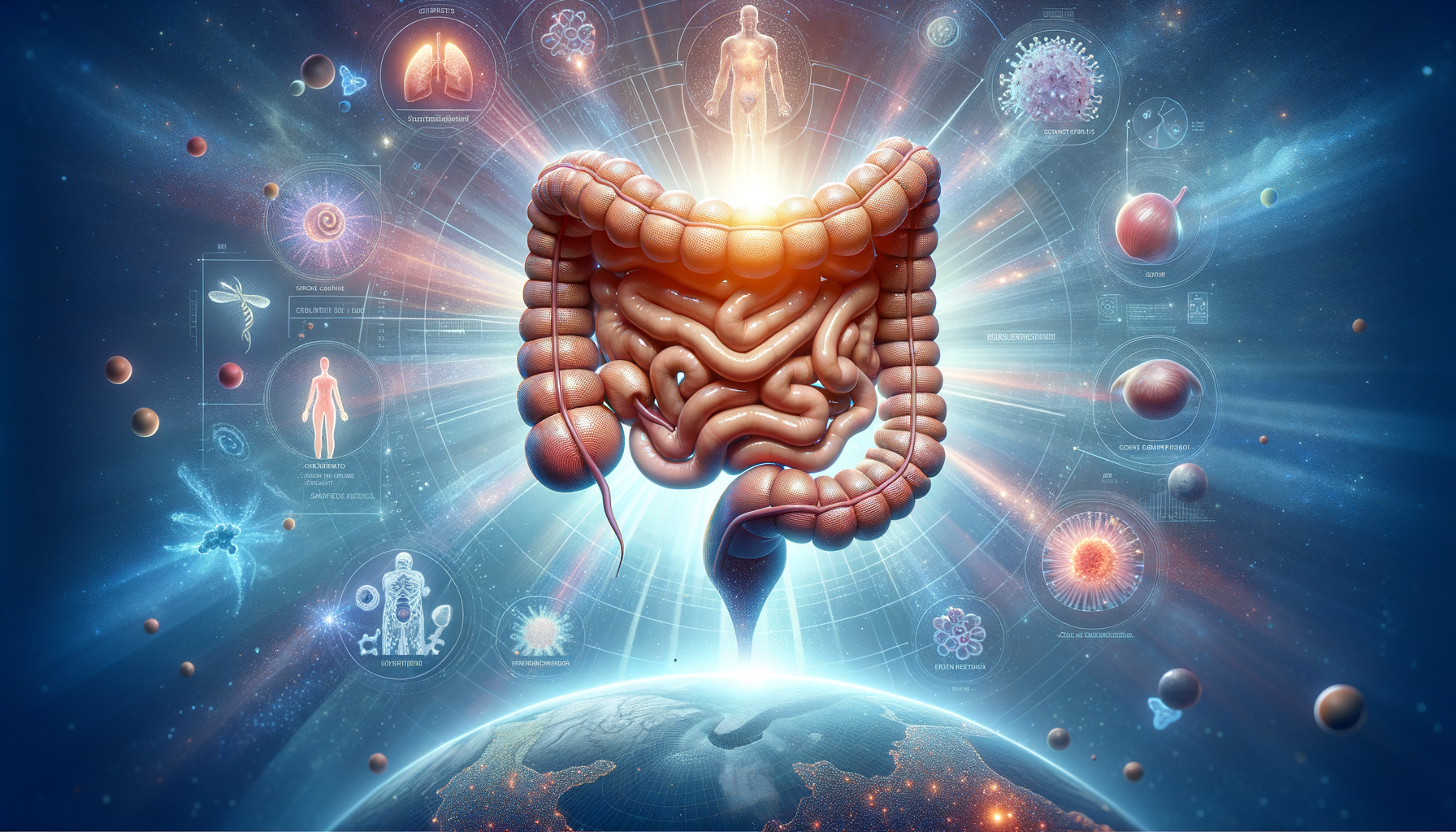Understanding Colon Cancer: An Overview
Colon cancer, also known as colorectal cancer, begins in the large intestine or rectum. It is one of the most common types of cancer worldwide, affecting both men and women. Understanding the risk factors, symptoms, and early detection methods is crucial for effective treatment and improved survival rates.
Risk factors for colon cancer include age, family history, inflammatory intestinal conditions, and lifestyle factors such as diet and smoking. Symptoms can range from changes in bowel habits to unexplained weight loss and fatigue. Early detection through regular screenings like colonoscopies is vital, as it can lead to the identification and removal of precancerous polyps, significantly reducing the risk of cancer development.
Awareness and education about colon cancer are essential. By understanding the disease, individuals can take proactive steps in managing their health and seeking timely medical advice.
Diagnosis and Staging of Colon Cancer
The diagnosis of colon cancer typically involves a combination of tests and procedures. Initial screening methods may include fecal occult blood tests, sigmoidoscopies, or colonoscopies. If abnormalities are detected, further diagnostic tests such as imaging scans and biopsies are conducted to confirm the presence of cancer.
Once diagnosed, staging the cancer is a critical step in determining the appropriate treatment plan. Staging involves assessing the extent of cancer spread within the colon and to other parts of the body. The stages range from Stage 0, where cancer is confined to the innermost lining of the colon, to Stage IV, where it has metastasized to distant organs.
Accurate staging is essential for tailoring treatment strategies and predicting outcomes. It helps oncologists decide whether surgery, chemotherapy, radiation, or a combination of these treatments is necessary.
Treatment Options for Colon Cancer
Treatment for colon cancer depends on the stage of the disease, the patient’s overall health, and personal preferences. The primary treatment options include surgery, chemotherapy, radiation therapy, and targeted therapies.
Surgery is often the first line of treatment, especially in early-stage cancer, where it aims to remove the tumor and surrounding tissue. In more advanced cases, chemotherapy may be used to kill cancer cells or shrink tumors before surgery. Radiation therapy is another option, particularly for rectal cancer, to destroy cancerous cells and reduce tumor size.
Targeted therapies, which focus on specific molecules involved in cancer growth, offer a more personalized treatment approach. These therapies can be used in conjunction with other treatments to improve effectiveness and reduce side effects.
Each treatment option has its benefits and potential side effects, and decisions are made based on a comprehensive evaluation of the patient’s condition.
Emerging Therapies and Research in Colon Cancer
Advancements in medical research continue to bring new hope for colon cancer patients. Emerging therapies focus on improving treatment efficacy and reducing side effects. Immunotherapy, which harnesses the body’s immune system to fight cancer, is an area of active research with promising results in certain cases.
Researchers are also exploring the role of genetic and molecular profiling in developing personalized treatment plans. By understanding the genetic mutations and molecular characteristics of tumors, oncologists can tailor therapies that specifically target these abnormalities.
Clinical trials play a vital role in testing new treatments and drugs. Participation in clinical trials offers patients access to cutting-edge therapies and contributes to the advancement of cancer treatment knowledge.
Staying informed about the latest research and treatment options empowers patients and healthcare providers to make informed decisions about care strategies.
Living with Colon Cancer: Support and Resources
Living with colon cancer presents physical, emotional, and psychological challenges. Support from healthcare professionals, family, and support groups plays a crucial role in coping with the disease.
Support groups provide a platform for sharing experiences and receiving encouragement from others who understand the journey. Counseling services can help address emotional and mental health needs, while nutritional guidance can assist in managing diet-related concerns during treatment.
Access to reliable information and resources is essential for patients and caregivers. Organizations dedicated to cancer support offer educational materials, financial assistance, and advocacy to improve the quality of life for those affected by colon cancer.
Embracing a supportive community and utilizing available resources can significantly enhance the wellbeing of individuals navigating the complexities of colon cancer.




Leave a Reply